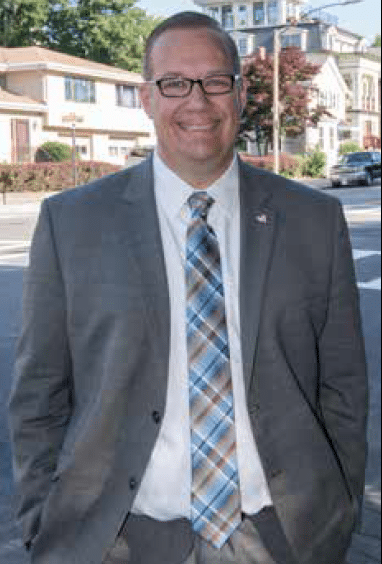No other area in Massachusetts has felt the impact of the opioid epidemic more than South Boston and Dorchester. Every day, countless families are faced with the heartbreaking knowledge that a loved one is fighting to stay alive and overcome this epidemic.
As a community, we have collectively lost hundreds of friends, neighbors, and relatives to addiction. And daily, we are faced with staggering public health and public safety concerns that are direct symptoms of the crisis.
As part of my campaign, I have spoken with residents and families who are concerned about the harmful effects we’re seeing our neighborhoods.
We have seen a dramatic increase in the number of opioid related incidents in our community. In 2013, the Boston Emergency Medical Services responded to 1,528 narcotics related incidents, and 500 incidents involving Narcan. Those numbers have more than doubled—in 2017, Boston EMS responded to 3,557 incidents involving narcotics, and 1,913 incidents involving Narcan.
The opioid epidemic has had a tangible, negative impact on our quality of life. Locally, children have had to play baseball around individuals passed out on our fields from drug use, and the majority of crime committed in our city is drug-related, ranging from stolen boxes off doorsteps and automobile break-ins to assault and robberies.
While working in then-Representative Collins’ office, I was proud of the work I did to help secure funding for prevention, intervention, and treatment funding. Community partners like the South Boston Community Health Center, the Gavin Foundation, the Joseph “Dodo” Nee South Boston Collaborative Center and the Labouré Center are doing incredible work towards that end.
However, more work needs to be done. As State Representative, I will file and push legislation that require private insurance companies provide adequate coverage so that individuals can remain in treatment and get the support they need to succeed. I will also file and push legislation to discourage the use of opioids when other, less addictive, treatments and medications are available.
We must also be ready to have difficult conversations, especially if it means saving lives from the scourge of opioids. This includes giving professionals on the frontlines the option to hold an overdose patient for 72-hours to help that patient get stable and into long-term treatment.
As your next State Representative, I will be open to having these difficult conversations to address the addiction crisis that is inflicting unspeaking pain on our families, and robbing our community of our loved ones and our sense of safety. Our community deserves an advocate in the House of Representatives willing to take this fight head on. I am willing and ready to take on that challenge.












